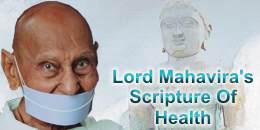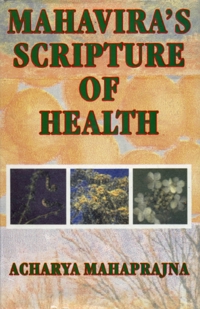
Hridaya Roga - Karana and Nivarana
We have before us the problem of the heart disease today: The heart is a very vital organ for life. Thinking from the viewpoint of anekanta, the heart alone cannot be regarded as the significant organ for life. The heart may be working well, but what would happen if the kidneys failed? It would lead to innumerable problems. Similarly, it is also said that all the organs may be working well, but what would happen if the heart failed? Life would be in danger. It is necessary to give attention to the health of the organ, which is so closely related to life. As a matter of fact, breathing and the heart have become like synonymous terms. If the heart beats, man works. If the heart stops beating man becomes inactive.
In Ayurveda, the term 'heart' has been used in two senses. One is the heart that pulsates and purifies the blood. The other heart is in the brain. The words heart-transformation is very much in vogue. It means replacement of a diseased heart with an artificial heart. It is not actually changing the heart, but transplanting the heart. One meaning of the change of heart is to change the emotions, the thoughts and the mental attitude. That heart is in our brain. The heart, which functions as an organ of the body, is a mass of flesh. Right now we are thinking about that heart which is responsible for the functions of our body. It is believed that if body system remained in good order, the organs like the heart etc. can carry on their functions for hundreds of years. They have that capacity, but that capacity is of no use, it is not even being used.
 Acharya Mahaprajna
Acharya Mahaprajna

